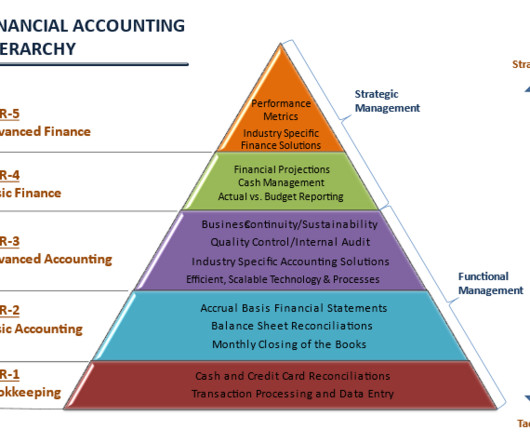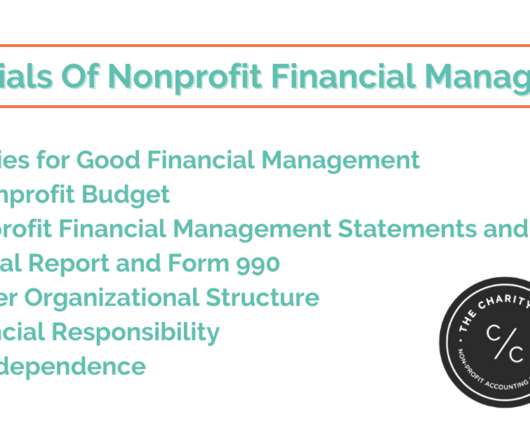Members’ Profile: Rofhiwa Irene Singo
CFO Talks
NOVEMBER 29, 2024
This opportunity allowed me to audit clients like the South African Revenue Service and South African Tourism, as well as manage accounts for Mastercard South Africa. on the last day of the audit, was unforgettable. A pivotal moment came when I joined the Auditor-General’s office in Pretoria.














Let's personalize your content